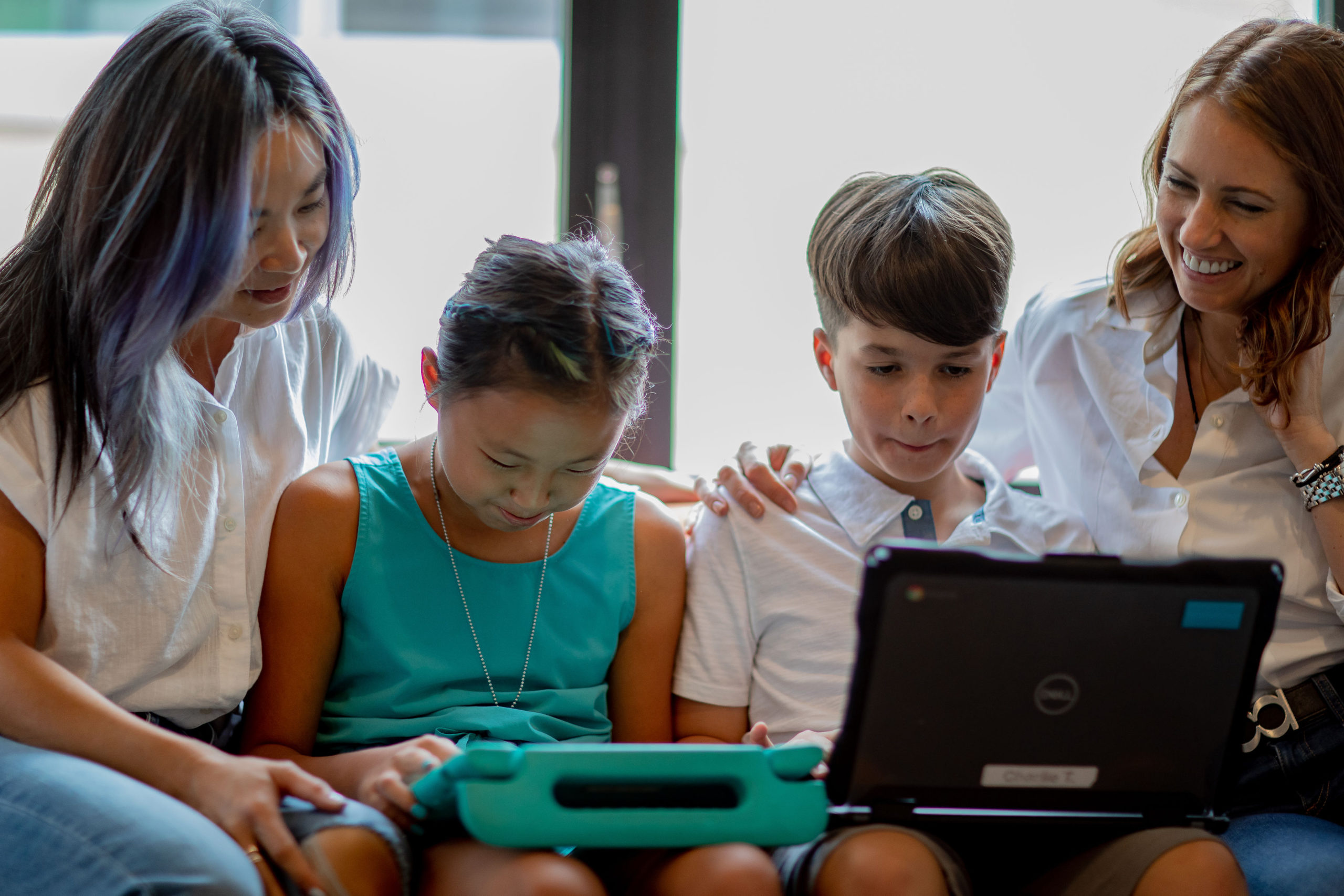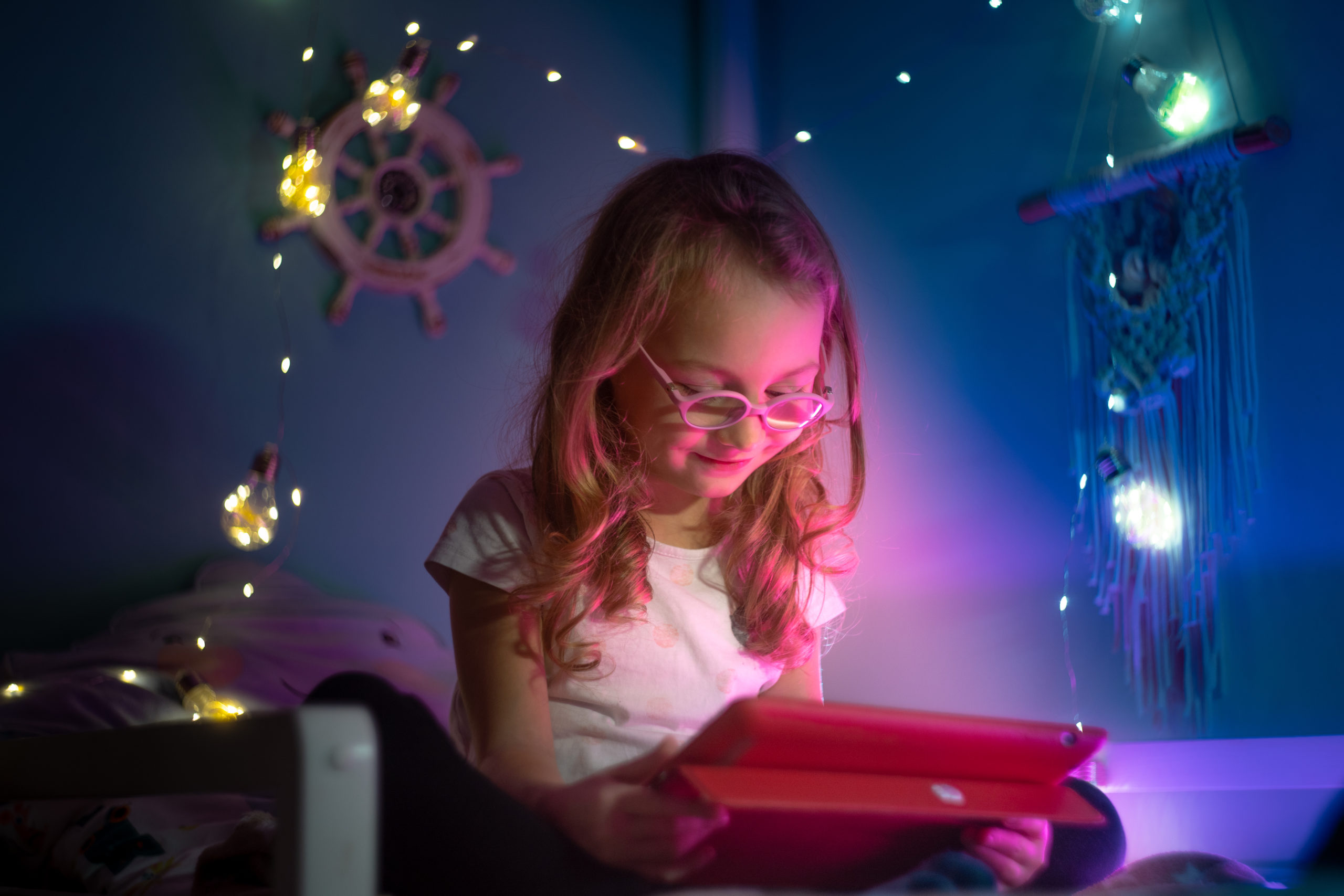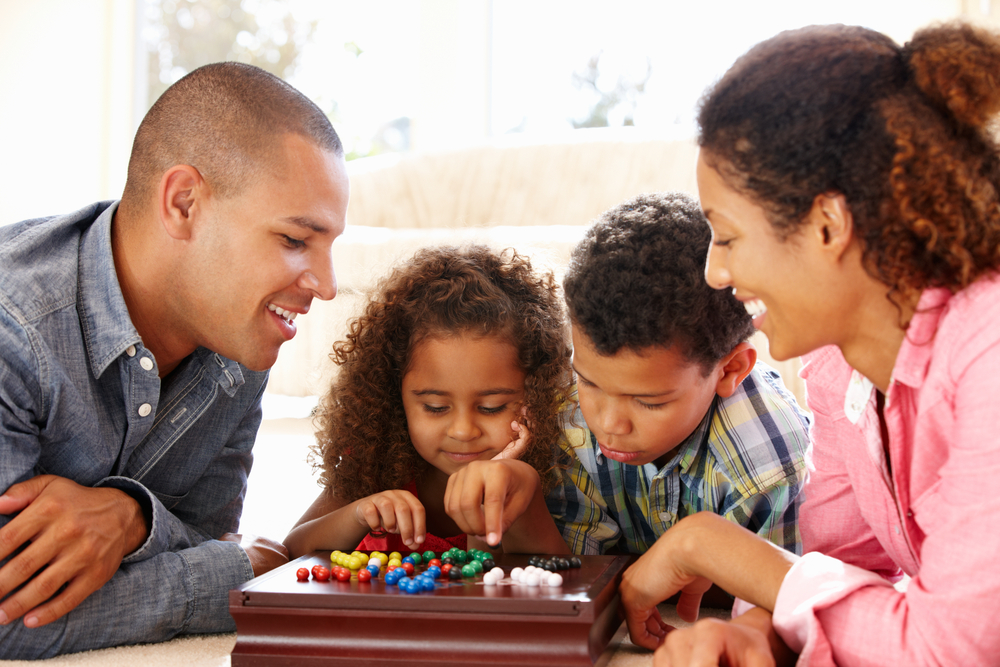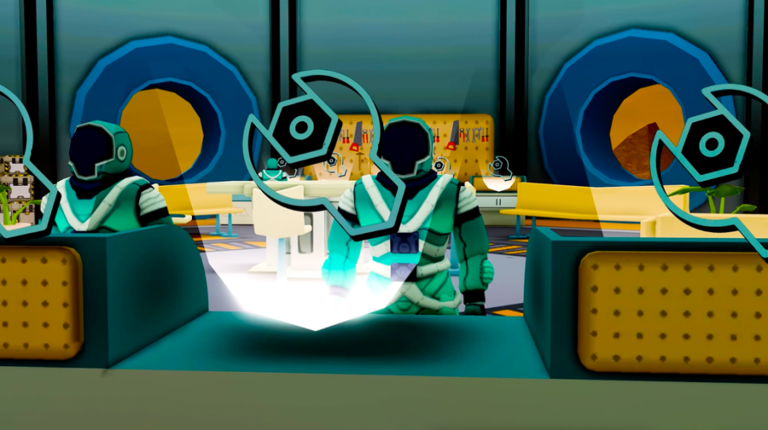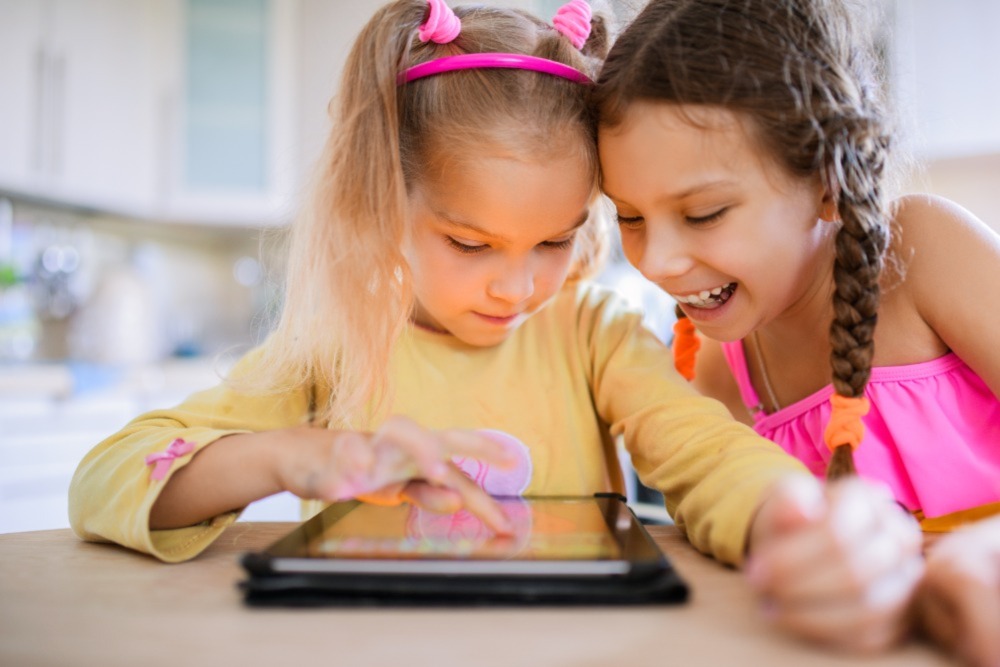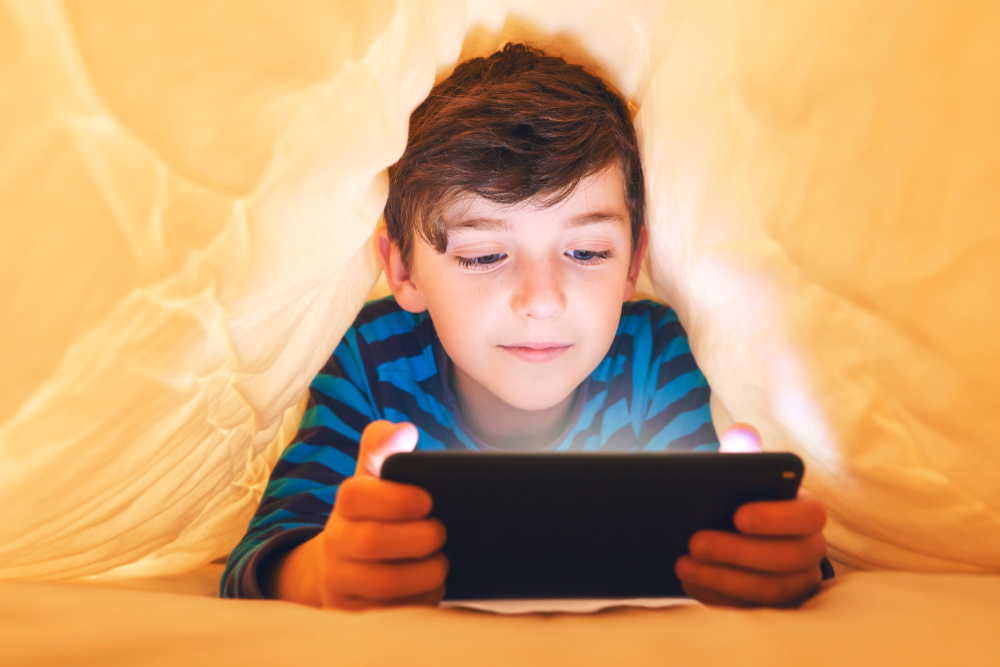Advances in technology, specifically in AI, are transforming what work looks like. And as tech continues to grow, skills that are distinctly human will be even more valued and needed.
Where creative pursuits were once thought to be exclusive to us, OpenAI’s programs like ChatGPT and DALL-E are disrupting the creative industry. And while there are many ethical and philosophical discussions that still need to be had, the technology is not waiting. And more advancements are happening daily.
These changes are leaving many people wondering — what skills do I need to stay relevant in today’s working world? What skills will my child need for the jobs of the future? And how can I, and my kids, learn and practice these skills?
And we hate to say it, but these skills are being largely ignored in today’s traditional classrooms.
The Skills Gap
Today’s (and tomorrow’s) workers are not prepared for the future of business – where the skills that are uniquely human will be most in demand. You can read all about it, from the World Economic Forum to Fortune Magazine — many people lack the skills needed to succeed in a tech-enabled world.
What are these uniquely human skills that our kids need to develop and grow?
Areas like critical thinking, resilience, curiosity, and the drive to be a life-long learner are all falling short. And it can be argued that traditional schools, with a focus on memorization and test scores, are actually squashing these traits.
How traditional education is driving this skills gap
First, it’s important to distinguish how skill learning is different from acquiring domain knowledge. Domain Knowledge refers more to academic skills or knowledge of a specific subject. If you work as a chemical engineer, you’ve studied both chemistry and engineering extensively, and know how to put that knowledge to use in your profession.
But your skills and abilities are what paved the way for you to gain that knowledge. It took critical thinking, problem solving, and knowing how to pick yourself back up after failure to acquire all the specific knowledge needed for such a complex area of study.
And unlike domain knowledge, these skills can be difficult to acquire and practice. Especially in the typical education model. Kids are graded on outcomes, not effort. And time is often too tight to fully explore topics of interest, meaning there’s little time for self-directed studies. Children are told what they need to know, and then tested on that exact thing.
And this does not lead to creative, independent thinkers.
So, where can your child go to practice these skills and better prepare for their future? We think one answer is in what they already love — online, social video games.
Today's video games teach human skills
Though it’s tempting to view video games as a big waste of time, quite the opposite is true. Yes, some games are more of a brain break and do little to challenge our children. But if you take a deeper look you’ll find many great games that are primed for learning — even on Roblox!
And the best part — kids are choosing to play them! Kids love the challenge and social interaction Roblox provides. And because they’re making the decision to work through these games, they’re building skills that stick while also growing their confidence.
Video games can create lifelong learners — strong in critical thinking skills and resilience, along with a host of other skills employers of the future will be looking for.
Why games are great for learning
Have you spent time in Roblox? If so, you likely understand why the platform refers to their games as experiences. Roblox games are so much more than the Mario worlds we grew up with.
Today’s video games are essentially giant social simulations. You create your avatar and enter worlds full of other people from all over the globe. You work together to complete tasks — everything from delivering pizzas to ransacking dungeons. And you jump head-first into these experiences. Sometimes with a mini-tutorial. And other times you simply have to learn as you go, watching others for clues as to how this particular online world works.
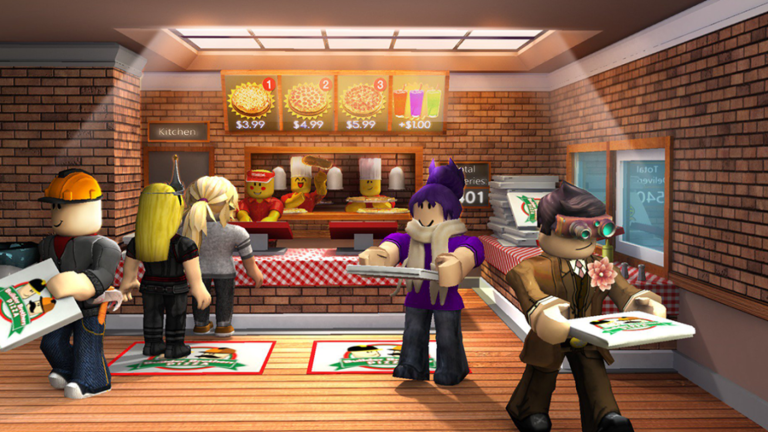
All of that, everything we just described, is building those skills our kids tech-enabled futures require. Because all of it is helping your child learn how to learn.
Identifying and communicating the skills practiced in gaming
Ready to get a little nerdy with us? Let’s dig into the Kinjo Skills Framework!
Because the potential for learning with gaming is vast, it’s necessary to break it down into specific, measurable skills and abilities. So that’s what we did!
Kinjo’s Skills Framework was developed by analyzing the last 20 years of published research on video games and learning. During its creation, our experts focused on game research measuring cognitive performance in real-world activities. And while evaluating this data, it became apparent that most game-driven skills can be broken down into four domains:
- Executive Functioning
- Memory
- Social Cognition
- Psychomotor
Within each of these domains, we identified life skills correlating to in-game mechanics. Then it was back to the research to verify this learning.
With this structure (and thousands of working hours), Kinjo’s team of learning and gaming experts has been able to refine and apply this skills taxonomy to hundreds of existing gaming experiences — allowing us to validate the structure while rating the complexity and level of skill practice inside each gaming experience.
The final output is shown below in the context of the World Economic Forum’s Education 4.0 framework. Their forward-thinking taxonomy is the perfect guide for mapping our own Kinjo skills.
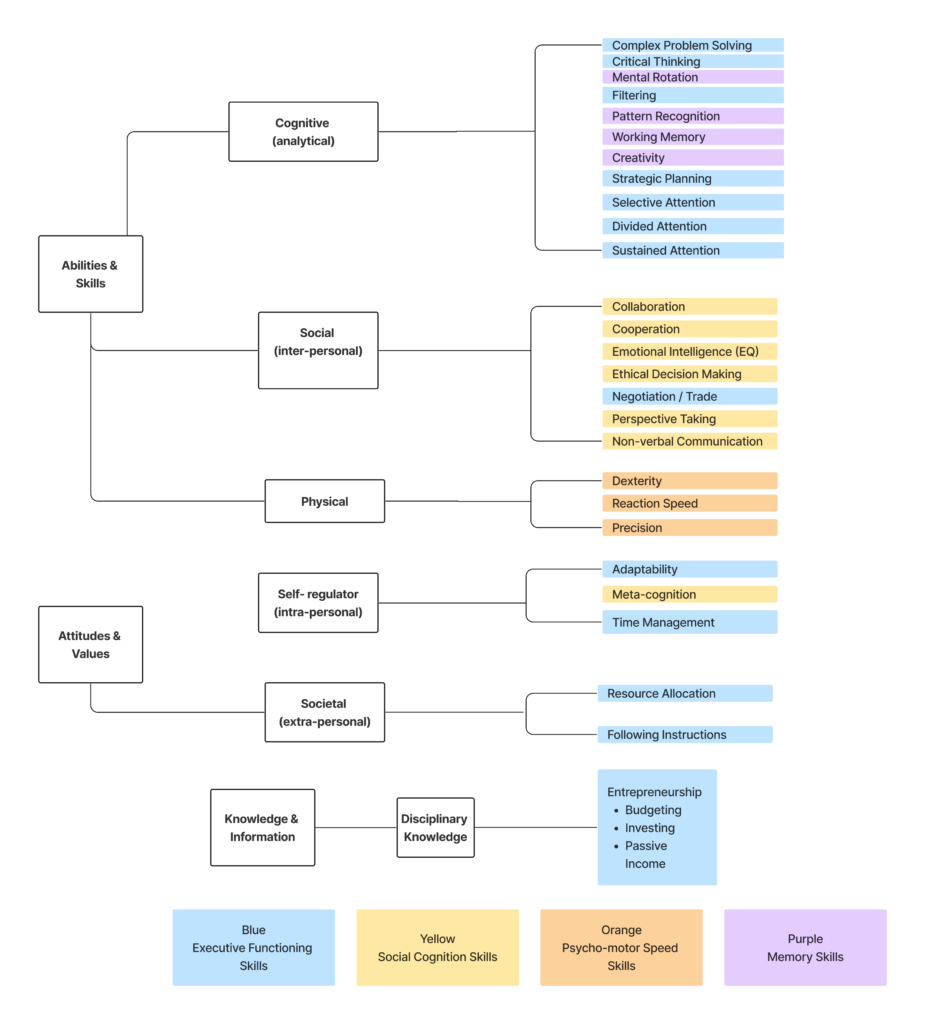
Amazing, right? Today’s video games can be incredible learning machines. But, as you likely know, not all games are created equal. And that’s where Kinjo really comes in.
Bring more learning to your child's gaming with Kinjo
At Kinjo, we’re all about learnified gaming.
What does that mean exactly?
It means we believe the best video games are full of learning. You don’t have to bring educational content to games — it’s built right in! But some games carry more challenge and learning than others.
Kinjo is here to help your child find the best Roblox games for practicing important life and cognitive skills. And then we help you see their learning with personalized insights delivered weekly.
How does Kinjo do this? By looking at a game’s complexity (more on that here) and skill-building potential.
Skill Domains
When Kinjo reviewers examine a Roblox game, they look closely at the game’s mechanics to determine the top skills practiced in each one. As mentioned before, these skills fall into 4 major categories:
- Memory
- Executive Functioning
- Psychomotor Speed
- Social Cognition
And it’s no mistake these skills line up with those abilities and skills mentioned earlier. Let’s take a deeper dive into each area and discover how these break down in individual games.
Memory skills they can practice in video games
Memory skills are about far more than recalling dates and locations of historical events for their next test. The memory practice they need for future success covers less obvious skills, including:
- Creativity
- Filtering
- Following Instructions
- Mental Rotation
- Pattern Recognition
- Working Memory
How can your child improve these skills inside their video games? Let’s look more closely at creativity and working memory.
Creativity
Taking your experiences and knowledge and using them to create something new is what creativity is all about. And that requires a lot of memory skills. Not only do you need to recall past events and information, but then morph that into something unique. And surprisingly, Roblox can be a great place for stretching their creativity.
In games like Dragon Adventures or Feather Family, players are given a lot of freedom in customizing their dragons and birds. And what they can come up with is staggering. Dragon skins are altered to reflect different abilities dreamed up by the players. And in Feather Family, hummingbirds are modified to look like fairies exploring magical forests.
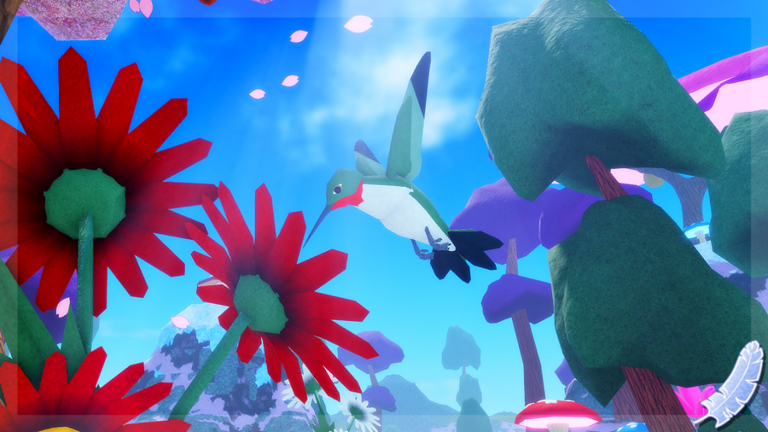
In both cases, your child is mixing and matching things they’ve read and learned with virtual experiences to create something brand new. And this is truly amazing!
Working Memory
Working memory refers to the ability to temporarily hold and manipulate information in order to complete a task. And you can see this skill practiced in many, many video games.
For example, in the Roblox game RPG Simulator, the biggest and best rewards come from running the dungeons. And this also presents a great challenge — because every dungeon is unique in duration, challenge, and bosses.
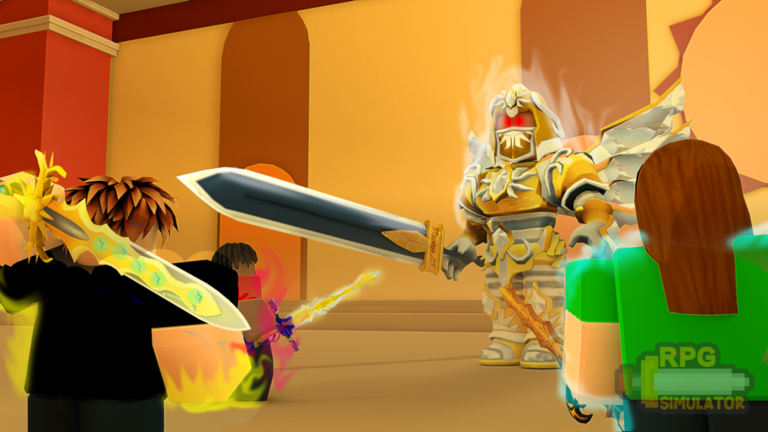
To succeed, each dungeon is played numerous times. And with each playthrough, your child is learning its unique features. This is a great example of working memory. Players must recall key information and then use that information to successfully survive in subsequent runs.
Want to read more about the link between video games and memory? Check out this blog post!
Improve these executive functioning skills with gaming
Executive functioning skills cover a wide range of areas and are so important for creating balance in our lives. But these skills are ones many kids (and adults) struggle with.
Some executive functioning skills include:
- Adaptability
- Budgeting
- Complex Problem Solving
- Filtering
- Critical Thinking
- Attention
- Time Management
- Strategic Planning
- Task Switching
They’re all important, and we could spend hours breaking each skill down. In fact, we’ve already covered time management in this article. But for now, let’s take a closer look at how filtering and selective attention can be practiced inside Roblox experiences.
Filtering
When you’re presented with a lot of information, how do you react? Many people panic, finding it difficult to sift through all the input to draw a cohesive conclusion. But gamers are presented with opportunities to hone this skill daily.
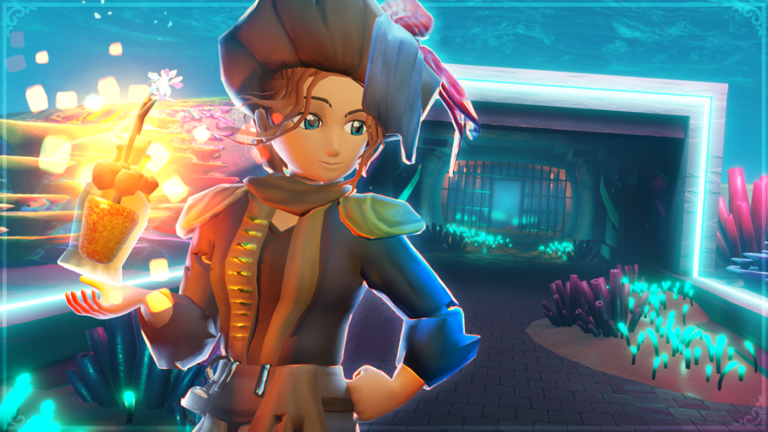
In the game Winds of Fortune (and many other role-playing games like it), players must collect resources and use them to craft additional supplies. But they can’t collect an infinite amount of resources. There’s not that much storage space. This means they must quickly decide what goes and what stays behind (see the strategic planning creeping in here, too?).
Selective Attention
The game Restaurant Tycoon 2 provides a great way to practice selective attention. It has all the chaos of a working restaurant, on top of the craziness of other players running all around you.
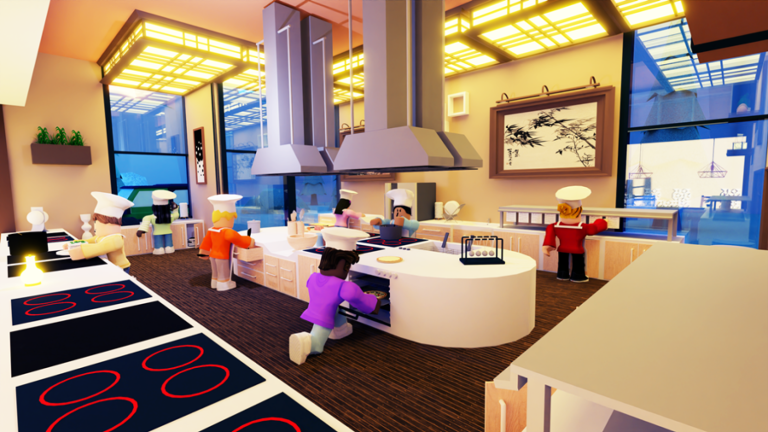
To succeed in the game, your child needs to tune out all the noise and focus on the tasks at hand — such as clearing tables and delivering food. This is a great skill to carry back into their classroom or future workplace. Completing projects, especially when distractions are plentiful, is definitely something to be proud of.
Video games and psychomotor speed
Unlike some of the others, how video games help your child practice their psychomotor speed skills is a bit more obvious. Psychomotor speed refers to the ability to process information and quickly respond. This includes the sub-skills:
- Dexterity
- Reaction Speed
- Precision
Dexterity
Being able to quickly and precisely move through a gaming environment is most definitely a learned skill. Have you tried jumping into a Roblox obby lately? We encourage you to give it a try. But just remember — if you don’t have a gaming history, it may be incredibly discouraging.
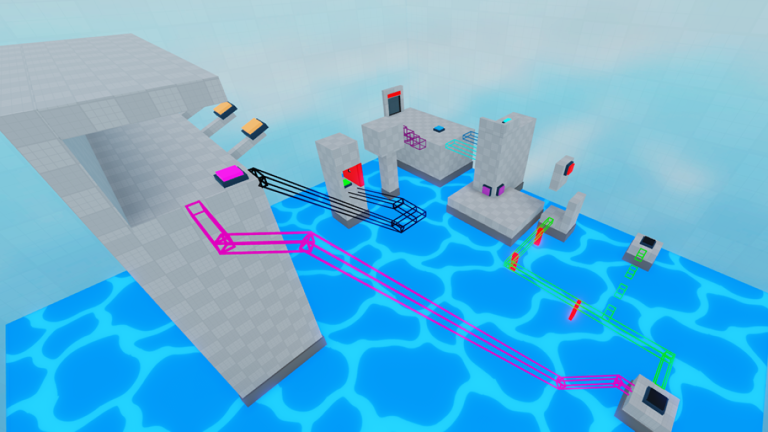
While other players are easily moving from obstacle to obstacle all around you, you’re slowly inching forward, adjusting your camera just so to make the next jump. But the more you play, the faster you get. And soon you’ll be whizzing through it just like your kiddo.
How gaming encourages better social cognition
One of the more surprising skill sets to come out of gaming is social cognition. Many people imagine gamers as lonely people, spending hours in front of their computers or TV. But most of today’s games, especially those on Roblox, include a social component that adds to the fun and learning.
Some of the social skills you can find and practice inside Roblox are:
- Collaboration
- Cooperation
- Emotional Intelligence (or EQ)
- Ethical Decision Making
- Metacognition
- Perspective Taking
- Non-Verbal Communication
Let’s take a closer look at collaboration!
Collaboration
Multi-player games are all about working with others to achieve a common goal. Some of these games are obvious, like Roblox’s Teamwork Puzzles. In this game, you have to work together to push buttons and activate pathways to reach the end of each level. Communication is key as you can’t always see the other player. We highly recommend playing this one with your child — it’s a lot of fun!
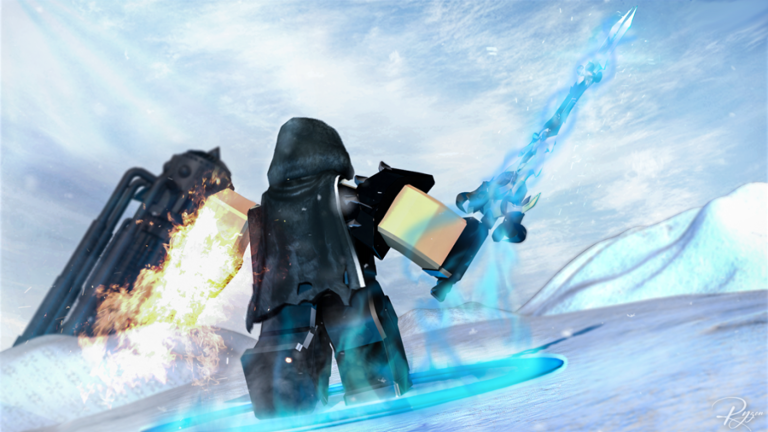
Another great example of cooperative gameplay in Roblox is found in Dungeon Quest. One player simply doesn’t have all the skills to make it through alone. Creating temporary alliances with the right people is key to surviving and beating the game.
Help your child close the skills gap with Kinjo!
On top of the many academic skills your child can practice in Roblox, it’s also one of the best platforms for honing their other abilities and skills. And that’s great news!
Why?
Because your child already loves spending their time there. And now you also have Kinjo to guide them towards better gaming choices — all while keeping you in the learning loop.
If you want to make sure your child is prepared for the jobs of the future, download the Kinjo – Play Smart and Earn app on their device. They’ll be practicing important skills while earning awesome rewards. And you get to review their data every week in our Parent Insights email.
It’s a win-win-win — for you, them, and their future!

